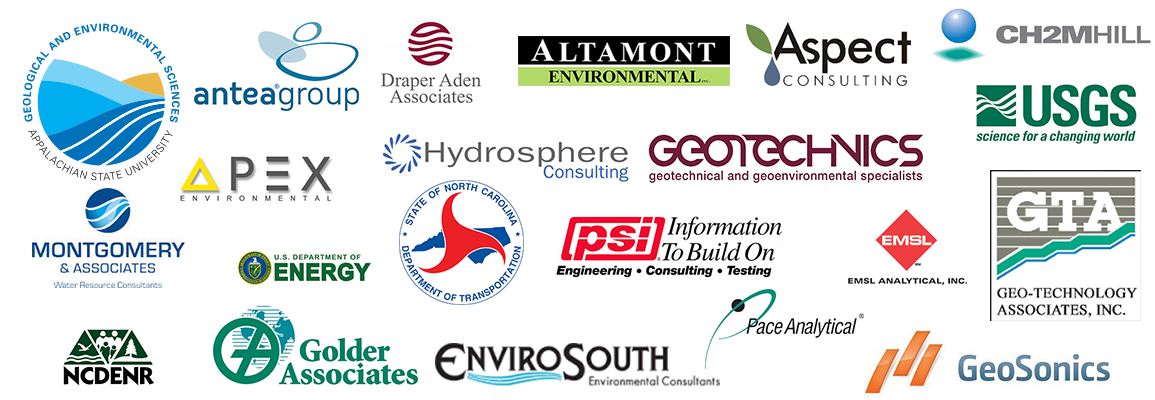Thinking about PG licensure?
If you are considering working in the environmental industry, particularly in fields involving soil or groundwater pollution, natural hazard risk assessment, or groundwater supply, we strongly suggest getting PG (Professional Geologist) licensure.
Why get PG licensure?
- It makes companies more competitive for bids if they have a PG on staff
- It will allow you to climb the ladder in your career, rather than lateral moves between entry level and mid-level positions
- It gives you the freedom to start your own company when/if you are ready
This link (open only to those logged in with their @appstate.edu account) shows what is required for PG licensure for each US state. There are 21 states that will not accept an environmental science degree for PG licensure.
- Note that while North Carolina does not specifically require a degree in geology, you do need at least 30 hours of geoscience-related coursework. For this reason we recommend that anyone wanting to work in the environmental industry where there is a focus on hydrogeology or soil/water pollution remediation get a degree in Geology rather than Environmental Science.
- There is no equivalent Professional Environmental Scientist degree that any companies take seriously. While there are Certified Environmental Professional programs, these are not industry-standard programs at the time of this writing and are not particularly valued by environmental firms.
How do I get PG licensure?
This involves becoming licensed as a Geologist in Training as soon as possible by taking the ASBOG Fundamentals of Geology exam, which we recommend taking during or just after your senior year. After five years of experience with your Geologist in Training certification, you can gain licensure as a Professional Geologist (PG).
